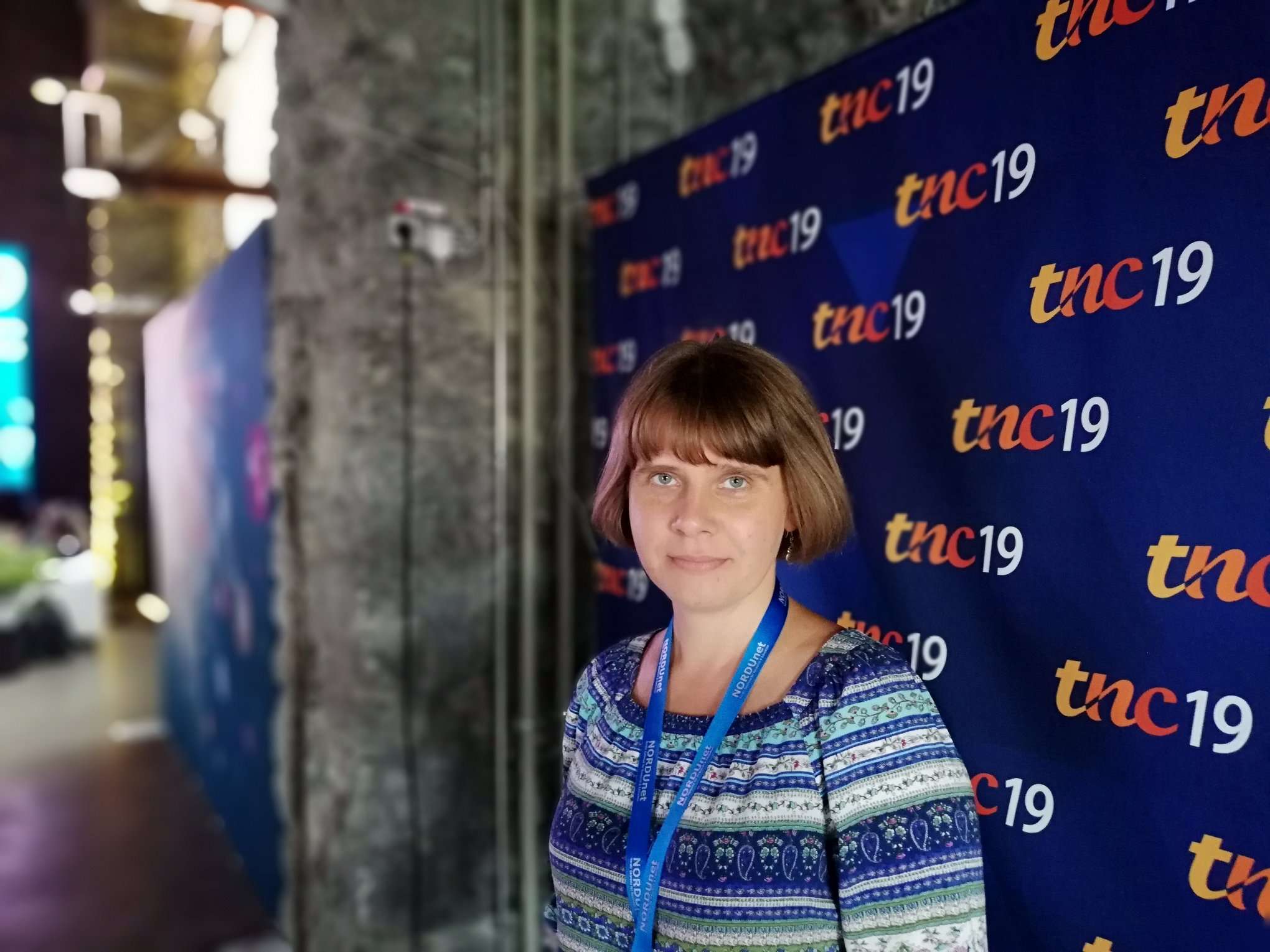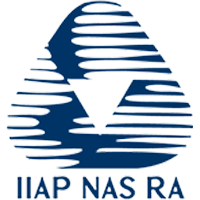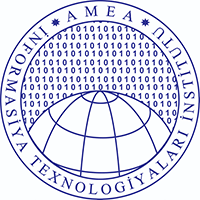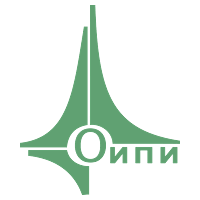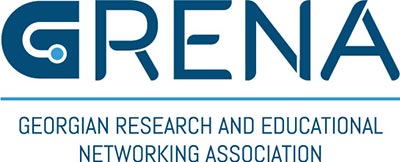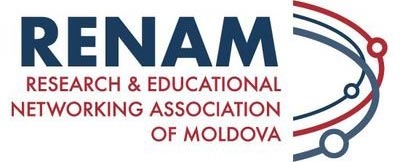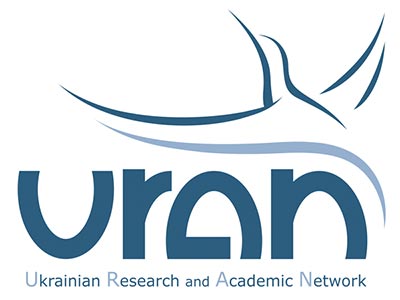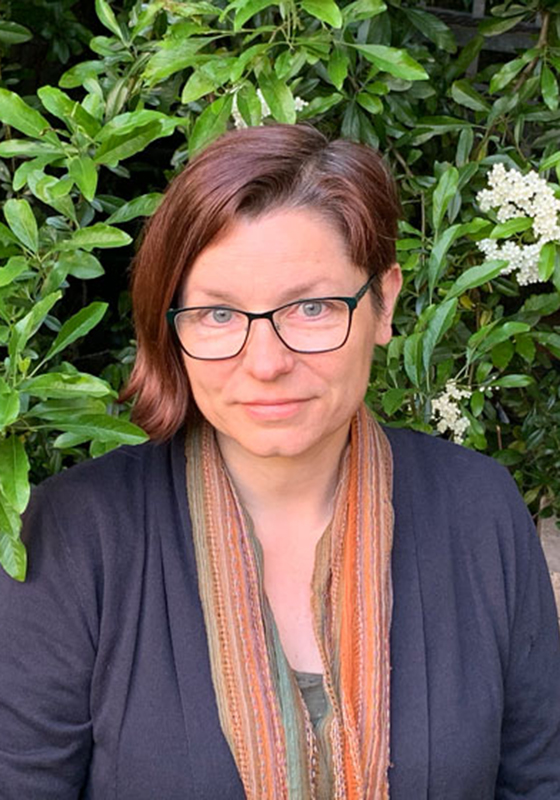This article is from edition 38 of GÉANT CONNECT magazine
Eight research institutions or projects connected with Eastern Partnership (EaP) national research and education networks (NRENs) and their services in the past year or so, thanks to a coordinated research engagement effort in the EU-funded EaPConnect project. As the network infrastructure and services provided through the project continue to grow and improve, one challenge is to maximise the number of people using them. The increasing focus on reaching out to user communities, and equipping partners to do it effectively, builds on experiences within EaPConnect and the wider GÉANT community.
A university in Moldova, two physics institutes in Armenia, the Institute of Biophysics in Azerbaijan, the National Scientific Library and an experimental biomedicine centre in Georgia are among the research and education institutions now served by EaP NRENs, and more are in the pipeline.
2nd
phase of EaPConnect
includes more structured focus on pro-active engagement with research communities
8
research institutions or projects
connected with partner networks & services in past year
170
Moldovan user communities
gave survey feedback after endorsement by Ministry of Education, Culture and Research
EaPConnect added research engagement as a focus of its work in its 2nd 5-year phase, now in year two, with the support of Chris Atherton, Senior Research Engagement Officer at GÉANT. Step 1 in the new, more systematic approach he introduced was a Needs Assessment Survey, sent by partners to gauge user communities’ demand for NREN networks and services.
For GRENA (Georgia), the most common demand is to jointly prepare and implement projects and to support research teams with its Cloud facility. Since the EaPConnect research engagement work began, GRENA has signed Memoranda of Cooperation with the National Environmental Agency and with Tbilisi State University High Energy Physics Institute, providing resources for weather and climate studies and for local participation in the KM3NET neutrino telescope project.
Events of importance
Events are a significant way for all partners to get their messages across.
Past EaPConnect conferences (EaPEC) proved effective in gaining both national visibility and for signing up universities for host NREN networks and services, most notably for RENAM (Moldova) and BASNET (Belarus).
In smaller events such as workshops and seminars, GRENA, RENAM, ASNET-AM (Armenia) and AzScienceNet (Azerbaijan) have highlighted the opportunities of EOSC, Open Science, Copernicus Earth Observation Programme as well as their own portfolios.
URAN (Ukraine) has upped its game, using the COVID era’s enforced online way of living to reach 120-200 participants in three webinars since December 2020, with three more planned before April 2021.
Most recently, a scientific conference held by BASNET, PRIP 2021 on pattern recognition and information processing, included a session that highlighted the GÉANT, EaPConnect and NREN offer, and featured speakers from among GÉANT research engagement team contacts.
Learning through community collaboration
Within the GÉANT (GN4-3) Project, Olga Popcova of RENAM is a member of this research engagement team. She is also on the steering committee of TF-RED, the GÉANT Task Force on Research Engagement Development, which shares best practices and develops methods for NRENs to engage with researchers and collaborations on a national and international scale.
It is so enlightening to see how other people are tackling their challenges and what is specific in their NREN work. One of my TF-RED presentations was on RENAM research engagement and marketing communication synergies, as these are very interconnected activities.”
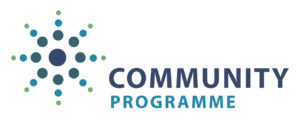
ASNET-AM, BASNET and AzScienceNet are also following TF-RED discussions.
- AzScienceNet has been supporting research institutes with its Data Center and cloud services for storage of research project results, and is now planning to establish a research engagement group to more proactively introduce its services to more institutes and universities.
- ASNET-AM plans to increase its activities to bring in new user communities and foster collaboration in interdisciplinary scientific domains.
Outreach and understanding
Whether it’s through mailing lists, workshops, calls for proposals, demonstrating the NREN portfolio at externally-organised events, collaboration with the National Science Foundation (GRENA) or “the everyday work to communicate one-to-one with users” (BASNET), the EaP NRENs are increasingly reaching out to potential user communities to understand and promote what they can do on a technical, organisational or operational level to better support optimal R&E outcomes.
For all the EaPConnect partners, the Needs Assessment Survey was an important first step in estimating demand and improving what the NRENs can do to engage with and empower their R&E communities. For RENAM in particular, the survey has provided a significant boost to its activities. Endorsed by the Ministry of Education, Culture and Research, the survey produced responses from 170 users across diverse fields of expertise – plenty to follow up on in building new relationships:
It is very good that the 2nd EaPConnect project develops our research engagement activities in a more systematic and comprehensive way. This allows us to focus on new thematic areas and attract different research communities we can support.”

